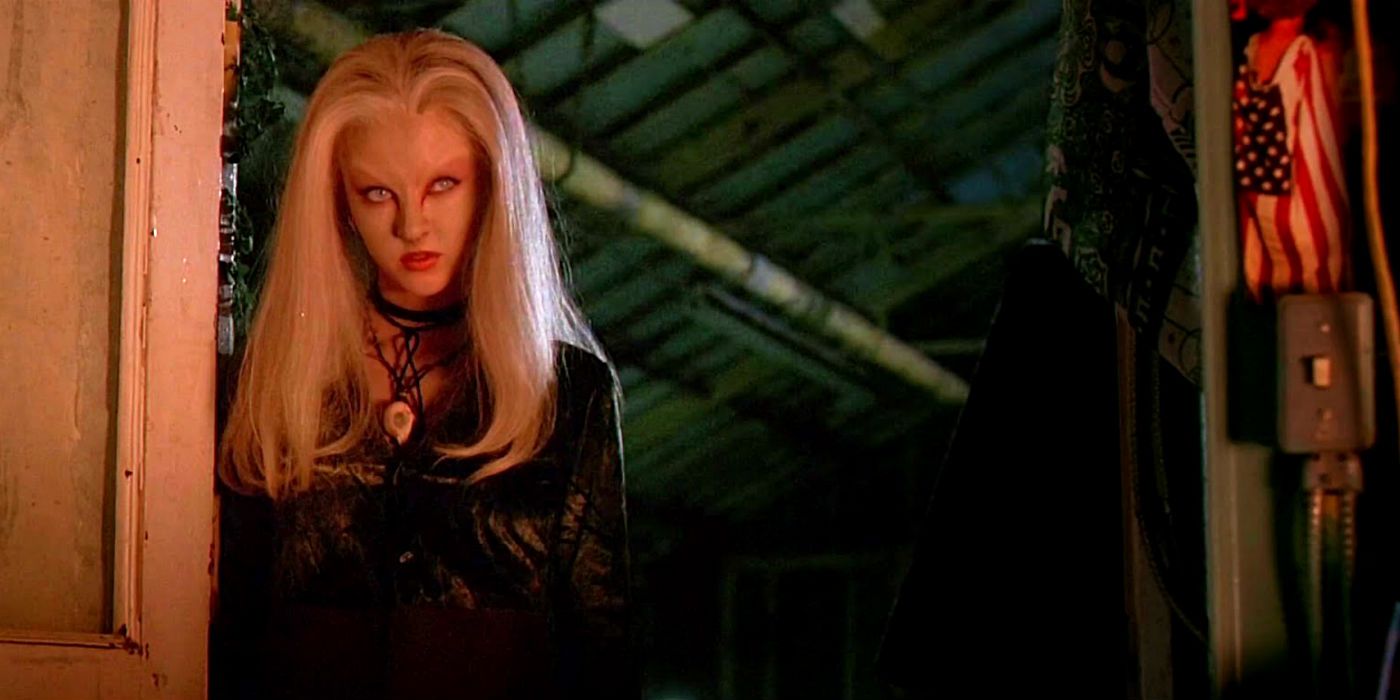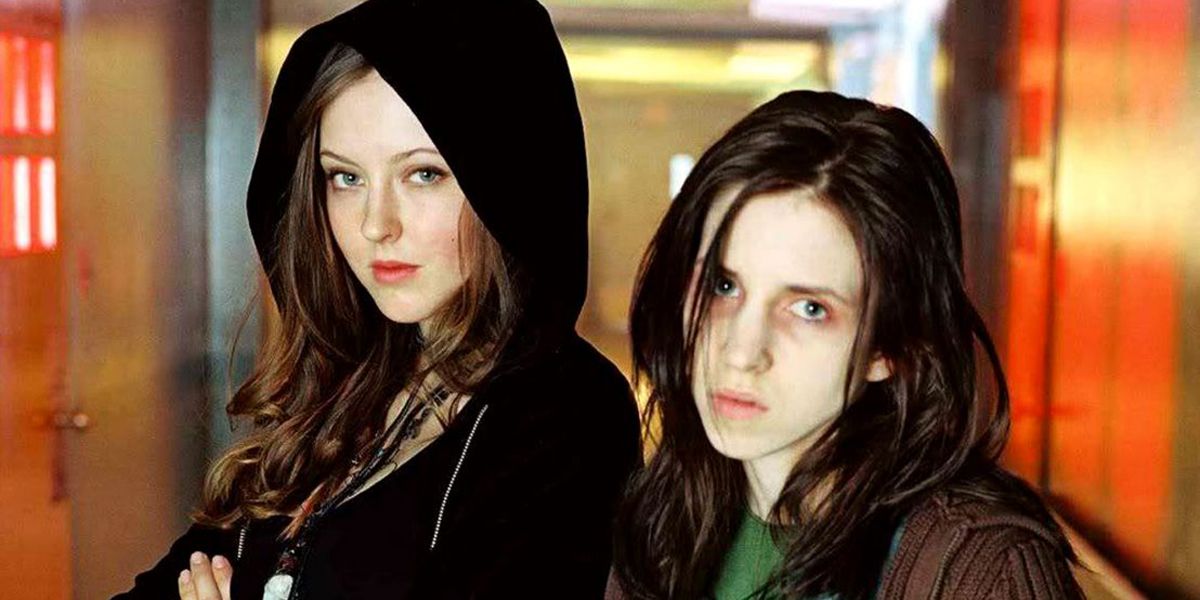
Ginger Snaps is a sleek, feminist take on the werewolf sub-genre out of Canada; twenty years later, it's widely regarded as a cult classic, but the film almost didn't get made at all.
First released twenty years ago, Ginger Snaps has gotten better with age and - despite not making much of a killing at the box office - spawned two other movies based around the Fitzgerald sisters. In Ginger Snaps, Ginger (Katharine Isabelle) and Brigitte (Emily Perkins) are sisters who are obsessed with death and have a near unbreakable bond. After Ginger becomes a werewolf, their relationship - and Ginger's teenage hormones - are tested in a very big way. It was initially released at Munich Fantasy Filmfest in 2000, then got a slot at Toronto International Film Festival in 2000, where it received largely positive reviews. It currently holds an 89% rating on Rotten Tomatoes.
Given its success and longevity, it's strange to think anything would have held Ginger Snaps back, but the film had a lot of issues getting off the ground in its early stages.

Initially, director John Fawcett set out to get his team together for Ginger Snaps because he knew he wanted to make a film that could double as a "metamorphosis movie and a horror film." Ginger Snaps ended up being both, but it was a hard sell to writer Karen Walton, who was hesitant because of the reputation horror movies had developed over the years, particularly in relation to how they showcase and highlight female characters. Fawcett and Walton started working on the project, which took two years due to their struggle to finance the film, despite the clever script that changed the werewolf sub-genre and delivered Fawcett's original vision. Eventually, they had a $4.5 million budget from fifteen different companies, and began the casting process.
Casting for Ginger Snaps was underway by April of 1999, but the production reached a level of notoriety for all the wrong reasons after the Columbine massacre on April 20, 1999 and another school shooting in Taber, Alberta, Canada at W.R. Myers High School just eight days later. In Taber, 1 student was killed and another was injured. In Columbine, Colorado, 12 students and 1 teacher were killed and another 21 people were injured by gunfire; 3 were injured trying to escape. At the time, Columbine was the deadliest shooting in United States history and the two gunmen, Eric Harris and Dylan Klebold, directed a magnifying glass toward the possible effects of violent media. Soon after, the Toronto Star ran a front-page article that announced Ginger Snaps, a "teen slasher movie" was being partially funded by Telefilm Canada. This sparked outrage from the community, who weren't thrilled about their tax dollars going toward funding a teen-centric horror film in the wake of tragedy.
Though pre-production was punctuated by bad press and moral outrage, the film's release and critical acclaim changed audiences' minds. If there hadn't been so much excitement for and intrigue surrounding the film, it's likely that something like bad press prior to release could have slowed it down or stopped it altogether. Ginger Snaps prevailed and accomplished what Fawcett set out to do: re-create the genre and started a movement of feminist horror with a continuing legacy that continues two decades later; it is frequently cited by modern female filmmakers as an inspiration.
from ScreenRant - Feed https://ift.tt/36hAzjD

No comments: